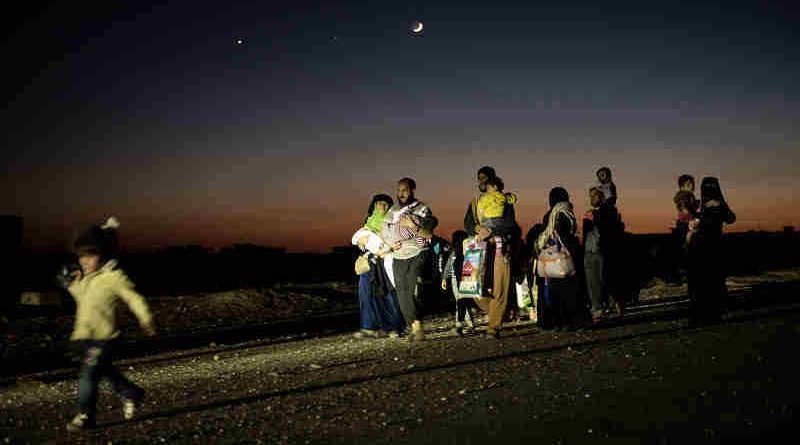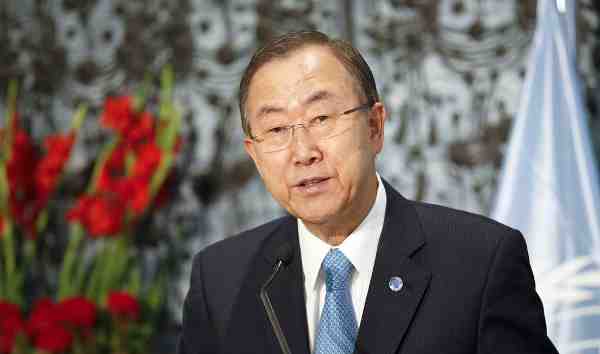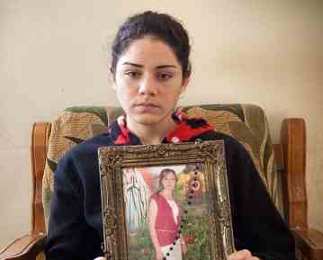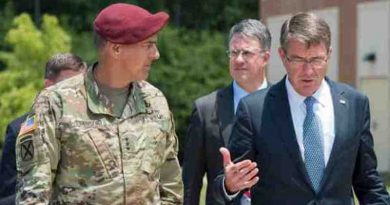Fresh Fighting in Mosul to Affect 750,000 Civilians
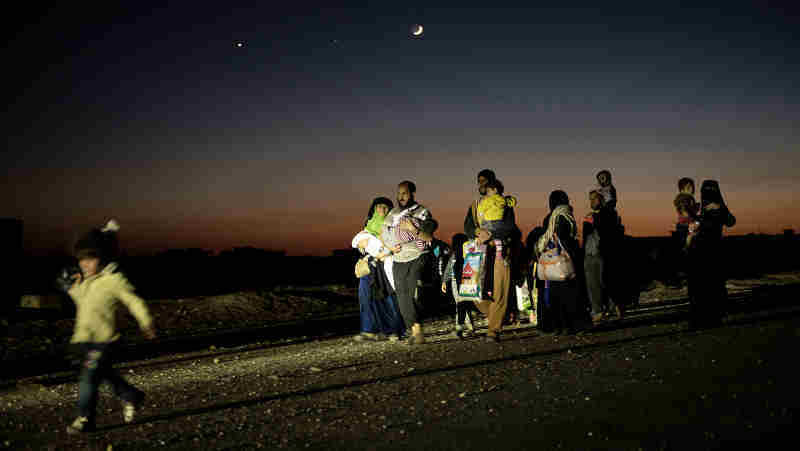
One hundred days after military operations to retake Mosul started, humanitarian partners are expressing deep concern about the plight of the estimated 750,000 civilians.
They are currently living in the western sections of the city where fighting is expected to start in coming weeks.
“We are relieved that so many people in the eastern sections of Mosul have been able to stay in their homes. We hope that everything is done to protect the hundreds of thousands of people who are across the river in the west. We know that they are at extreme risk and we fear for their lives,” said Lise Grande, Humanitarian Coordinator for Iraq.
In the contingency plan prepared prior to the onset of the Mosul campaign, humanitarian partners warned that as many as one million civilians may be impacted by the fighting in a worst case scenario. To date, 180,000 people have fled the eastern sections of the city; more than 550,000 civilians have stayed in their homes.
[ Free Schools for Poor Children ]
Humanitarian partners have been working as quickly as possible to provide direct lifesaving assistance. Nearly 600,000 people have received food, 745,000 people have benefitted from water and sanitation support and 370,000 people have sought medical care.
Eighty-five per cent of the people displaced from Mosul are staying in 13 displacement camps and emergency sites constructed by the Government and partners. Ten of these camps are already full of which four are being extended. Seven more are under construction.
The Iraqi Security Forces have adopted a humanitarian concept of operations putting civilian protection at the centre of their battle plan. Humanitarian partners welcome this approach and renew their collective call on all parties to the conflict to uphold their obligations under international humanitarian law to protect civilians and ensure they have access to life-saving assistance.

